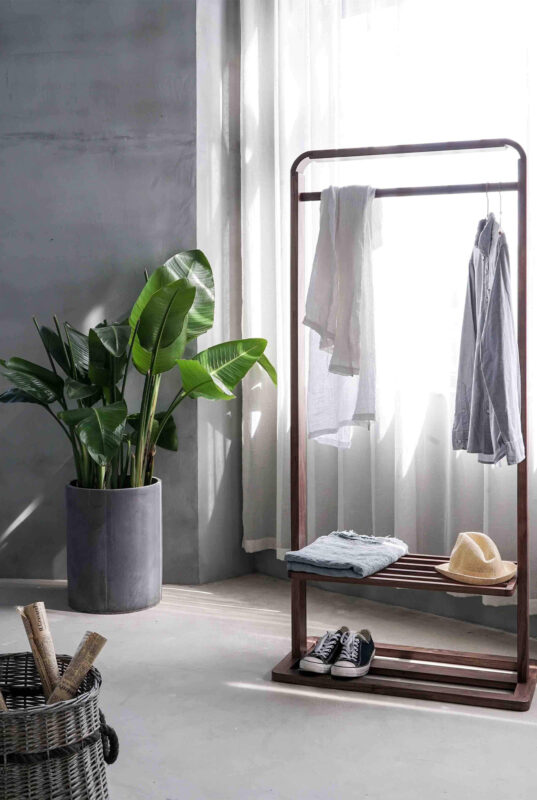The Importance of Regular HVAC Maintenance for Home Comfort and Efficiency

Regular HVAC maintenance plays a vital role in ensuring home comfort and system efficiency. Without consistent check-ups, HVAC units can lose performance, leading to uneven temperatures and higher energy costs. Maintaining HVAC systems regularly keeps them running smoothly, reduces energy consumption, and extends their lifespan.
Neglecting routine care can cause minor issues to turn into costly repairs or early system failure. Homeowners who prioritize maintenance typically experience fewer breakdowns and better air quality. Understanding the benefits of regular HVAC service helps reinforce why it should be a key part of home upkeep.
Critical Benefits of Regular HVAC Maintenance
According to Eastern Shore Air Conditioning Service Company, regular HVAC maintenance directly improves system performance, energy use, and household expenses. Routine check-ups address issues before they escalate and keep equipment running at target levels.
Enhanced Comfort and Indoor Climate Control
A well-maintained HVAC system ensures consistent temperature control throughout the home. Filters cleaned or replaced regularly improve air quality by reducing dust, allergens, and contaminants.
Proper maintenance prevents uneven heating or cooling in different rooms. Components like thermostats and vents stay calibrated, maintaining desired climate settings more reliably. Routine inspections also catch refrigerant leaks or airflow obstructions early, avoiding discomfort caused by temperature fluctuations or insufficient airflow.
Increased Energy Efficiency
Regular servicing sustains the HVAC system’s designed energy performance. Clearing clogged filters, cleaning coils, and lubricating parts reduce strain on compressors and fans.
An efficient system requires less power to maintain temperature, cutting unnecessary energy use. For example, a dirty filter can increase energy consumption by 15% or more. Technicians can optimize system settings and identify inefficient components during maintenance, further ensuring the system uses fuel or electricity effectively.
Lower Utility Costs
Energy-efficient HVAC operation translates directly into reduced utility bills. Improving airflow and mechanical efficiency lowers the electricity or gas needed for heating and cooling. Regular maintenance prevents small problems from becoming expensive repairs, protecting investment in equipment longevity. Avoiding sudden breakdowns also minimizes costly emergency service fees.
Homeowners can expect ongoing savings by scheduling annual or biannual tune-ups compared to neglecting routine care. This proactive approach stabilizes monthly energy expenses over time.
Preventive Measures and Extended Equipment Lifespan
Regular HVAC maintenance minimizes unexpected issues, ensures the system runs optimally, and avoids costly repairs. Proper care directly impacts how long equipment functions efficiently and helps maintain warranty validity.
Reducing Risk of Breakdowns
Routine inspections help identify worn or damaged components before they fail. Cleaning filters and coils prevents dirt buildup, which can cause the system to overheat or freeze.
Scheduled tune-ups allow technicians to test electrical connections and refrigerant levels, reducing mechanical stress. Addressing minor issues early decreases the likelihood of sudden, expensive breakdowns during extreme weather.
Extending System Longevity
Consistent maintenance improves airflow and heat exchange efficiency, reducing the workload on the HVAC system. This lowers wear and tear on critical elements like compressors and motors.
Lubricating moving parts and tightening connections prevent premature part failure. Proper refrigerant charge and clean filters minimize strain, allowing the unit to operate within designed parameters for a longer, more reliable service life.
Protecting Manufacturer Warranties
Most HVAC manufacturers require proof of regular professional maintenance to keep warranties valid. Documentation from annual or biannual service calls is often necessary for warranty claims.
Neglecting routine care may void parts or system warranties, leaving homeowners responsible for repair costs. Following manufacturer maintenance schedules ensures compliance and preserves warranty benefits.
Best Practices for Ongoing HVAC Maintenance
Regular checks, timely filter changes, and knowing when to call a professional are key to maintaining system efficiency and home comfort. These actions prevent breakdowns and keep energy costs down.
Seasonal Inspection and Servicing
HVAC systems require thorough inspection at least twice a year, typically before summer and winter. This includes checking refrigerant levels, thermostat calibration, and inspecting electrical connections.
Cleaning coils and clearing debris around outdoor units improves airflow. Technicians also test system controls to ensure the unit cycles properly. Scheduling these inspections prevents major failures and extends system lifespan. Missing these can reduce efficiency and increase energy bills.
Air Filter Replacement Schedules
Air filters should be replaced every 1 to 3 months, depending on the HVAC system type and environmental conditions. Homes with pets or allergies may need more frequent changes to maintain air quality and system efficiency.
A clogged filter restricts airflow and forces the system to work harder, raising energy use and wear. Using high-quality filters designed for the specific HVAC system can capture more dust and allergens.
Professional Versus DIY Maintenance Tasks
Homeowners can handle tasks like changing filters and clearing visible debris from vents. However, professionals should manage refrigerant checks, electrical inspections, and detailed internal cleaning. DIY work may miss underlying issues and void warranties if not done properly. Hiring certified technicians ensures safe handling of complex parts and adherence to manufacturer guidelines.

















